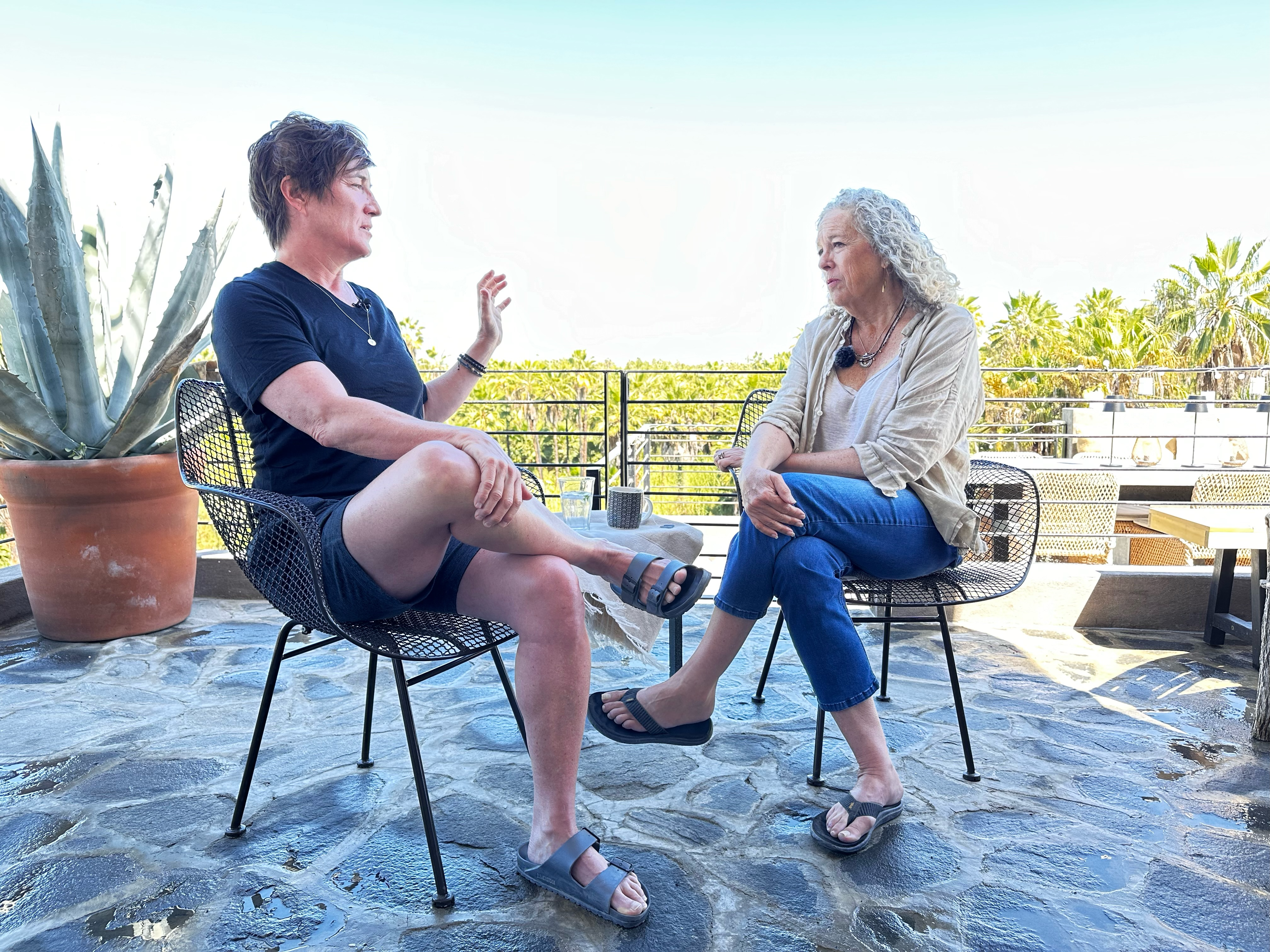Several years back, I found myself teaching basic legal survival skills to a group of men who’d just come home from prison- and I ended up learning more from them than I could have ever imagined. This was going to be very straightforward; how to sign a lease, how to rent an apartment, that sort of thing. My world was rocked when one of the students raised their hand and said, “Yes, but the only problem is we can’t get a job or housing because we’re all felons.”
And then they started teaching me. I quickly learned about the enormous number of barriers faced by people who have served their time in prison and are trying to get their lives back on track. As I listened to story after story of unimaginable struggle just to get a job or housing, it occurred to me that all these problems could be solved by changing laws and policies. So, I created workshops to teach formerly incarcerated people how to advocate for themselves at the state and local levels.
Over the past several years, Civil Survival has trained over five hundred individuals. Members of the Civil Survival community have spoken in our state legislature in, at City and County Council meetings, as well as State Supreme Court symposia. Civil Survival has partnered with over forty affiliated organizations that work to level the playing field for formerly incarcerated individuals. Civil Survival has now added legal services to its mission as well as policy analysis. The legal team has handled over a thousand cases for individuals struggling with post-prison legal issues. And the policy team is second to none when it comes to changing laws that negatively impact re-entering citizens. TAG the impact reports on CSP web site
I now count as friends some of the most amazing individuals who have re-created themselves after prison. Some have graduated from law school or received advanced degrees, some are professors, some hold other life-changing jobs, and some are students. All are passionate activists dedicated to helping those still in prison, and those who are working to re-enter the community. I could not be prouder of these colleagues. In fact, they inspired me to write my third book, TAG Unshackled which finds Camille representing moms in prison to help them reunite with their children.

Once I learned that there are evidence-based solutions to some of our communities’ thorniest problems- homelessness and public safety, I joined the board of PDA – Purpose, Dignity, Action in Seattle. I’m now the proud vice president of this board supporting the organization that strives to build robust support for non-punitive, community-based solutions to many public safety issues. The principles behind the work of PDA have been around for decades, but widespread acceptance requires trust-building, which is key to PDA’s work.
PDA’s LEAD program (Law Enforcement Diversion Program) works to create sustainable alternatives to punitive systems for individuals who engage in illegal activity related to behavioral health needs or poverty. The CoLEAD program offers temporary lodging and intensive case management to address the root cause of a majority of illegal activity amongst its audience: unmet behavioral health needs and/or income instability. JustCare works to find housing for hard-to-house individuals. And it all comes together in The Third Avenue Project in downtown Seattle where business, human services and law enforcement leaders coalesced around the concept of a community-based de-escalation and safety team (We Deliver Care/WDC) that would both provide a “milieu management” presence, and would make referrals to specialty teams geared to substance use, mental health and homelessness response.
I don’t pretend to understand all the ins and outs of this multipronged organization, but I’m proud to support their work, and am constantly impressed by the successes they are creating in Seattle and across the country.
When I learned of the work of FEPPS, I knew this was an organization I wanted to support. So, many years back, I joined their board. FEPPS was created and grown by the advocacy of incarcerated individuals at the Washington Corrections Center for Women. In 2011, members of WCCW’s Women’s Village began inviting professors to the prison to build a liberal arts education program, and the rest is history. Every year, FEPPS graduates students inside the women’s prison in Washington State. Many continue their education upon release.
FEPPS mission is to envision a world in which people in prison can realize their academic potential through access to meaningful, sustained, high-quality educational opportunities; where a culture of punishment is replaced by a culture of human dignity.
In early 2024, FEPPS announced their new executive director. Alyssa Knight is one of the first FEPPS students to attend college behind bars. And now, she’s leading the organization! I can’t wait to support her in her new role and can’t wait to see where she takes this small but mighty organization next!
Remember that old Bible story about it being better to teach someone to fish than to just hand out fish? That’s kind of how I see my Full Circle Scholarship. Once I got to know so many amazing leaders in the formerly incarcerated community, it struck me that they could make a huge difference by becoming lawyers, rather than us just providing them with legal services. But that’s an expensive and rigorous challenge. And so, I created and am funding a scholarship at my alma mater, Seattle University School of Law. My scholarship provides tuition assistance to students whose lives have been impacted by the criminal legal system. Some of my books proceeds go to this scholarship, which makes me very proud and also excited to continue to raise money for these deserving law students.


